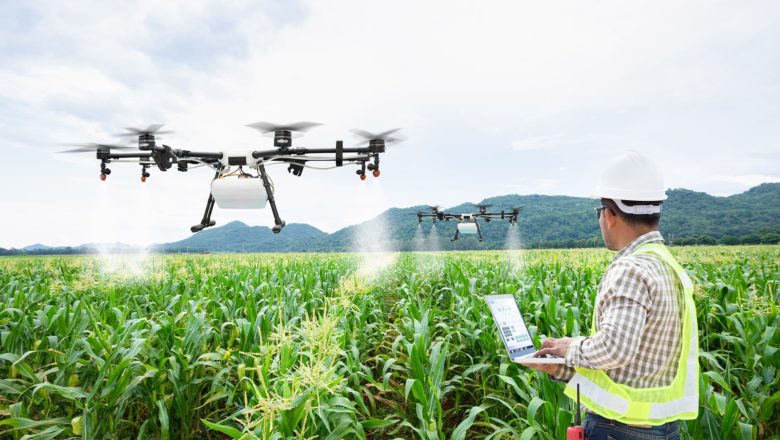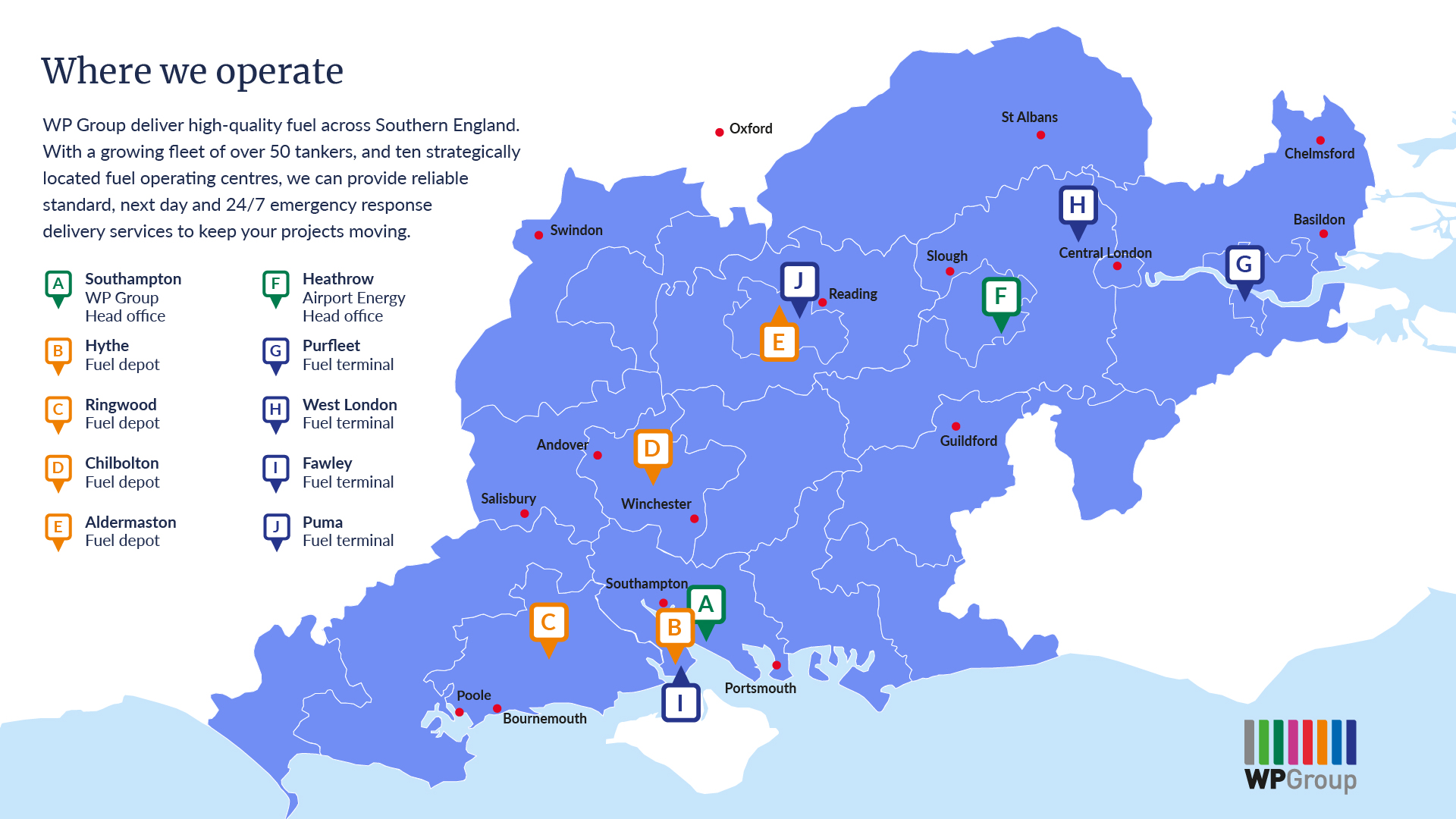Is Artificial Intelligence the future of farming?
Published Wednesday 4 September, 2019

Unless you’ve been lucky enough to be stranded on a desert island for the past few years, you’re no doubt aware that the farming industry is on the cusp of a so-called ‘technological revolution’. The enabler of this revolution: Artificial Intelligence (AI).
With drones, robots and intelligent monitoring systems now successfully being used in research and field trials, artificial intelligence, or machine learning, is set to revolutionise the future of farming as the next phase of ‘ultra-precision’ agriculture is on the horizon.
But why is all this talk about AI necessary?..
According to the UN Food and Agricultural Organisation (FAO), the global population is set to reach 9.2 billion by the year 2050. This means that the global agriculture sector is under more strain than ever with 2 billion more mouths to feed within the next 33 years! With available acreage estimated at just an additional 4%, it seems it is no longer an option to simply plant more crop fields or breed more cattle. What is needed, therefore, is a greater efficiency within current farming methods as farmers will be required to ‘do more with less’.
With experts predicting that artificial intelligence will provide the answer, we take a look at the ways AI is shaping the farms of the future…
Drones
One of the more widely accessible gadgets to come out of farming’s high-tech makeover. Providing new ways of increasing crop yields through in-depth field analysis, long-distance crop spraying and high-efficiency crop monitoring, drone technology is quickly becoming invaluable for farmers. Practical applications for drone technology are constantly growing so it’s likely that drone-powered solutions will be on the up over the next few years.
Driverless tractors
Technology firms across an array of industries have been developing adaptations of driverless vehicle technology for quite some time, and agriculture is no different. Combining ever-more sophisticated software with ‘off-the-shelf’ technologies such as sensors, radars and GPS systems, farmers will soon be able to hand this century-old machine over to robots. With autonomous harvests farmers will reduce pressures on an already strained workforce and allow for more acreage to be worked for longer time periods.
Automated irrigation systems
As any plant grower knows, traditional irrigation management is an arduous task. This is coupled with a heavy reliance on historical weather conditions to predict required resources. Thankfully, though, automated irrigation systems are designed to utilise real-time machine learning to constantly maintain desired soil conditions to increase average yields. Not only does this require significantly less labour and have the potential to drive down production costs, but with 70% of the world’s freshwater used for agriculture, the ability to better manage how it’s used will also have a huge impact on the world’s water supply.
Crop health monitoring
Similarly, conventional crop health monitoring methods are incredibly time-consuming and are generally categorical in nature. In comparison, companies developing automated detection and analysis technologies – such as hyperspectral imaging and 3D laser scanning – will substantially increase the precision and volume of data collected. With the ability for microscopic data collection, farmers will be able to produce diagnostics specific to individual plots or even single plants.
Facial recognition
Facial recognition is nothing new, however this is now extending beyond humans into the world of domestic cattle. Whilst ‘smart’ cattle monitoring is more commonplace, existing systems largely require the use of physical tracking devices. Facial recognition technology will eliminate the stress of fitting these devices, allowing easy monitoring of an entire heard with minimal interaction. This is set to enable individual monitoring of group behaviour, early detection of lameness and accurate recording of feeding habits.
Although hailed as the future of farming, the extent to which AI will change the daily operations of the traditional family farm is yet to be seen. However, with new Agritech companies producing increasingly accessible technology, the ‘digital farm’ of the future may be closer than we think.






